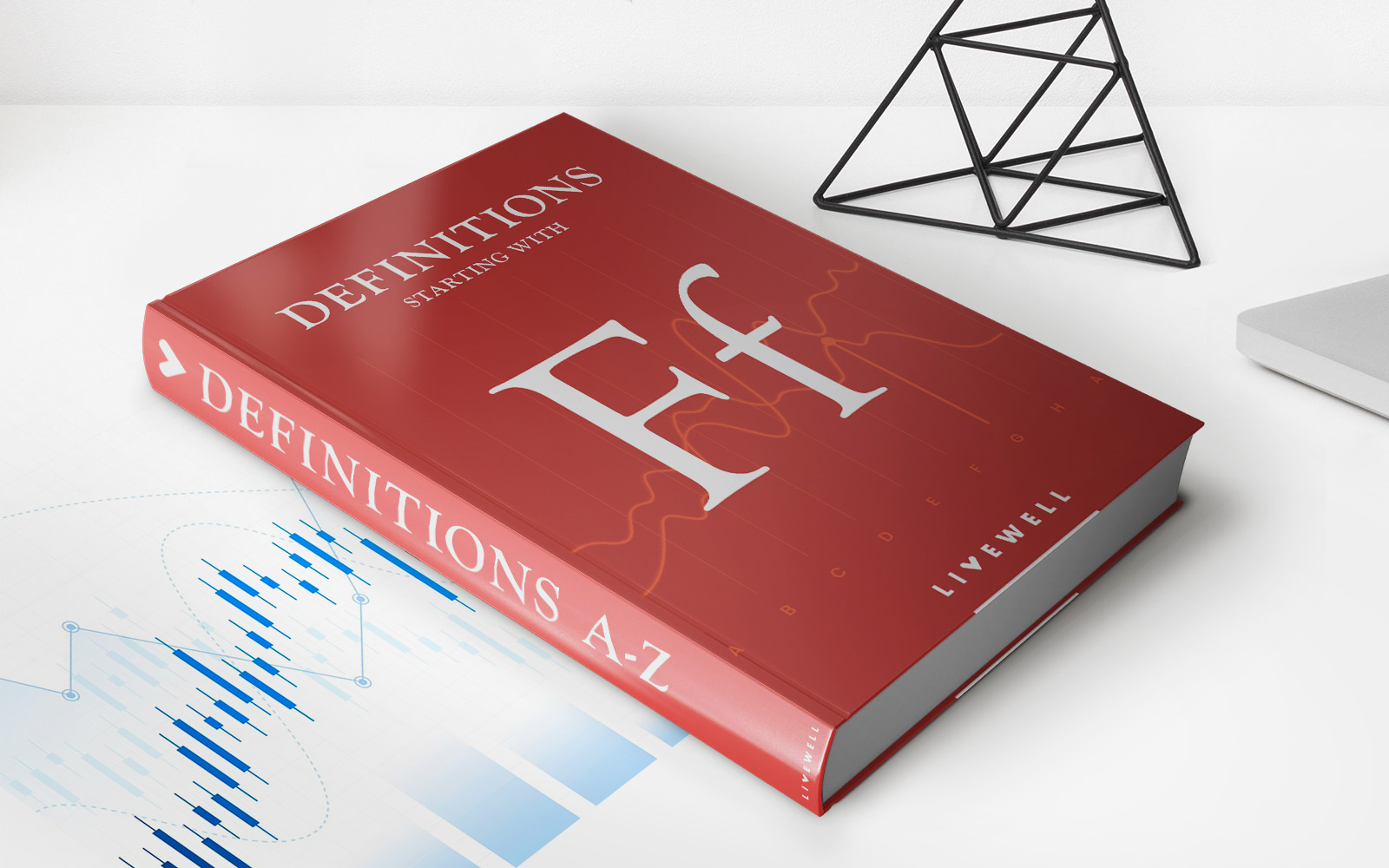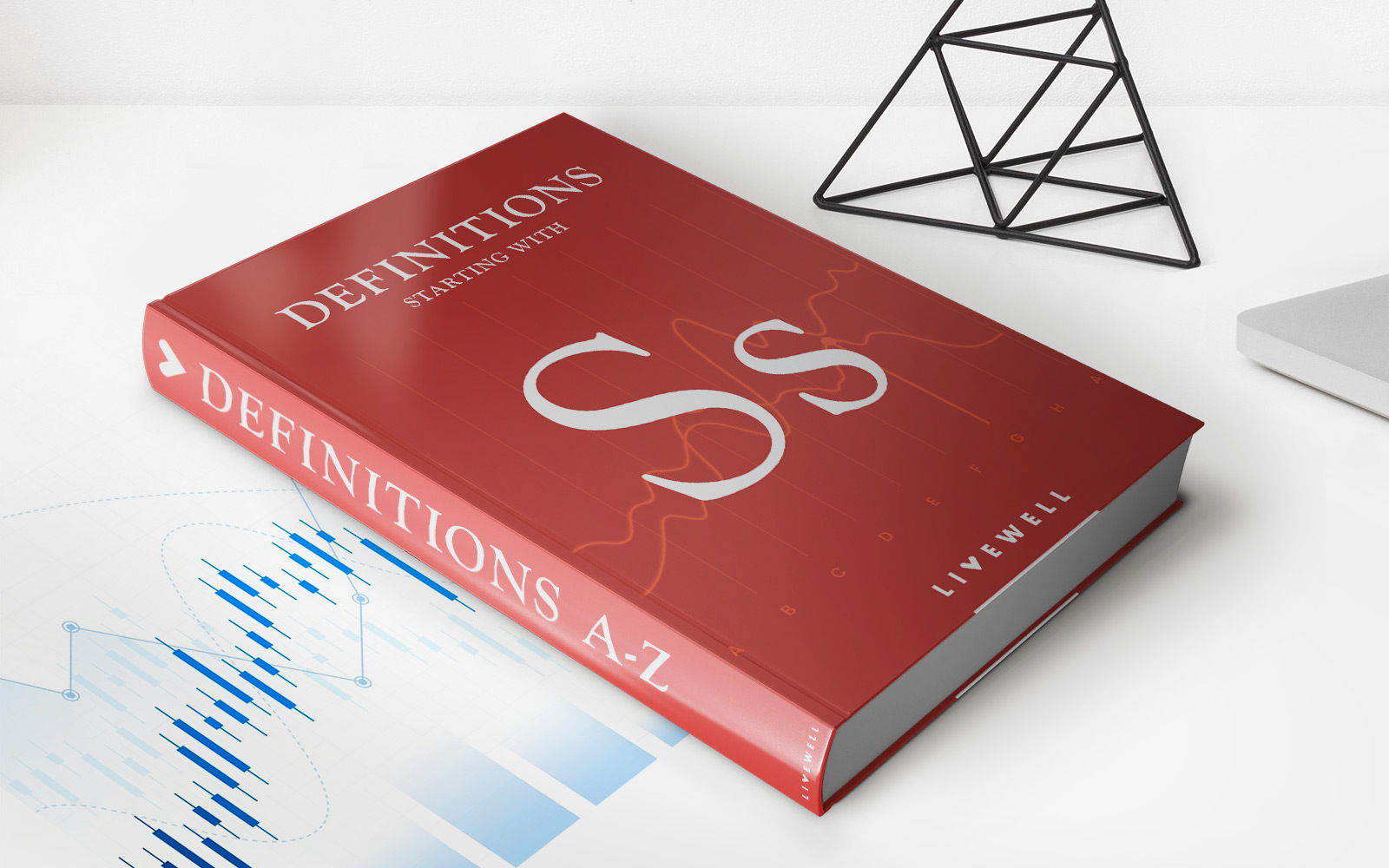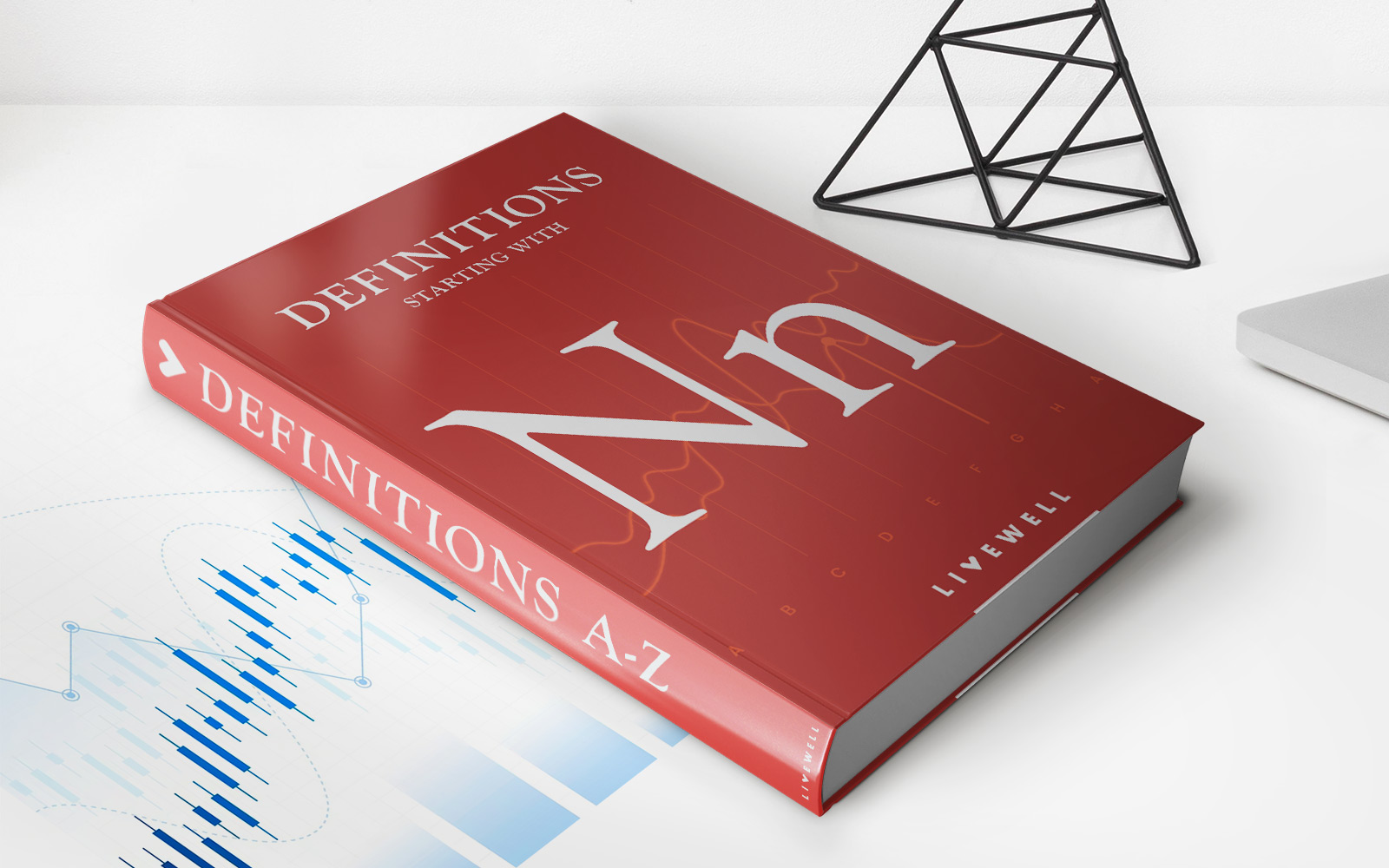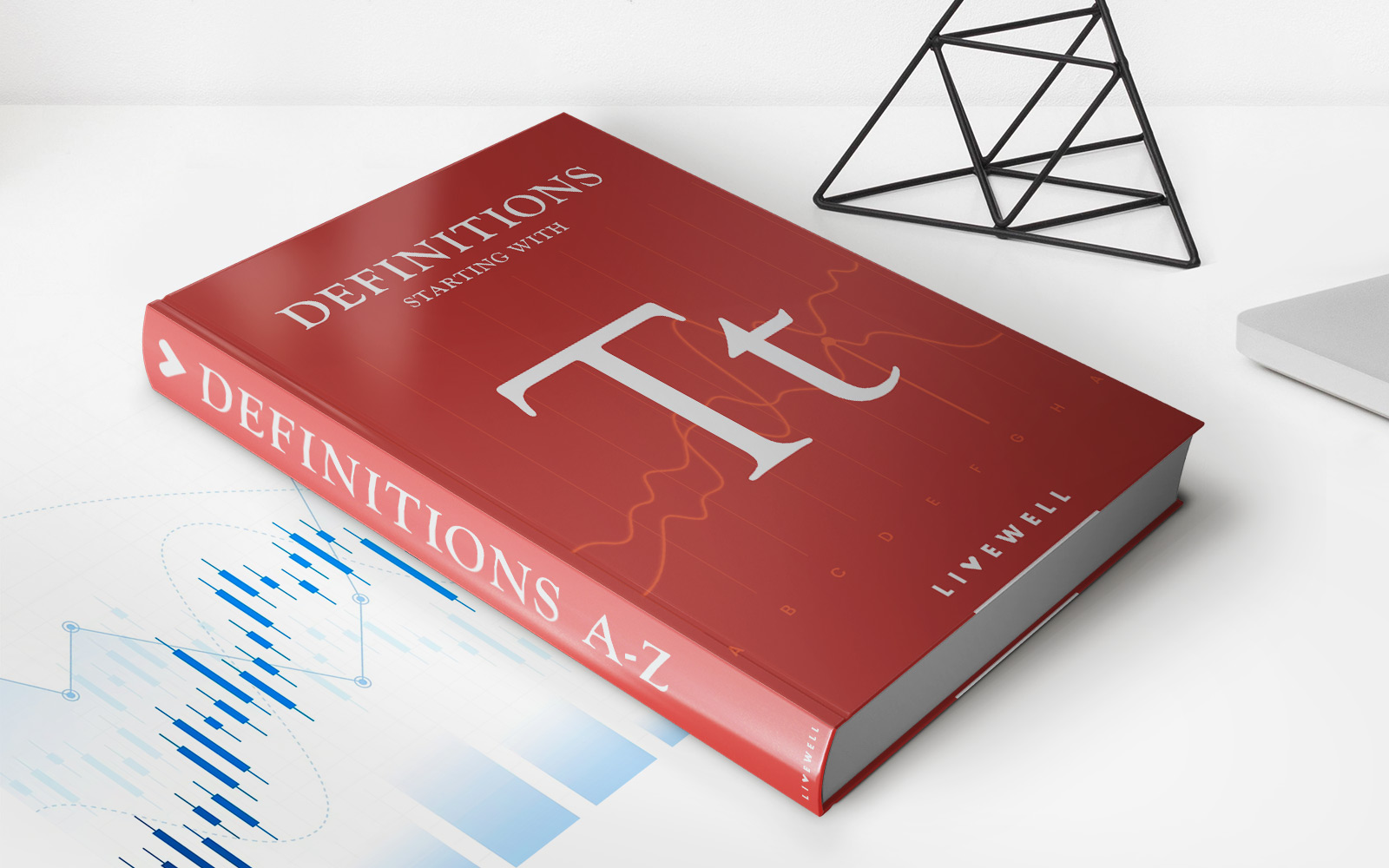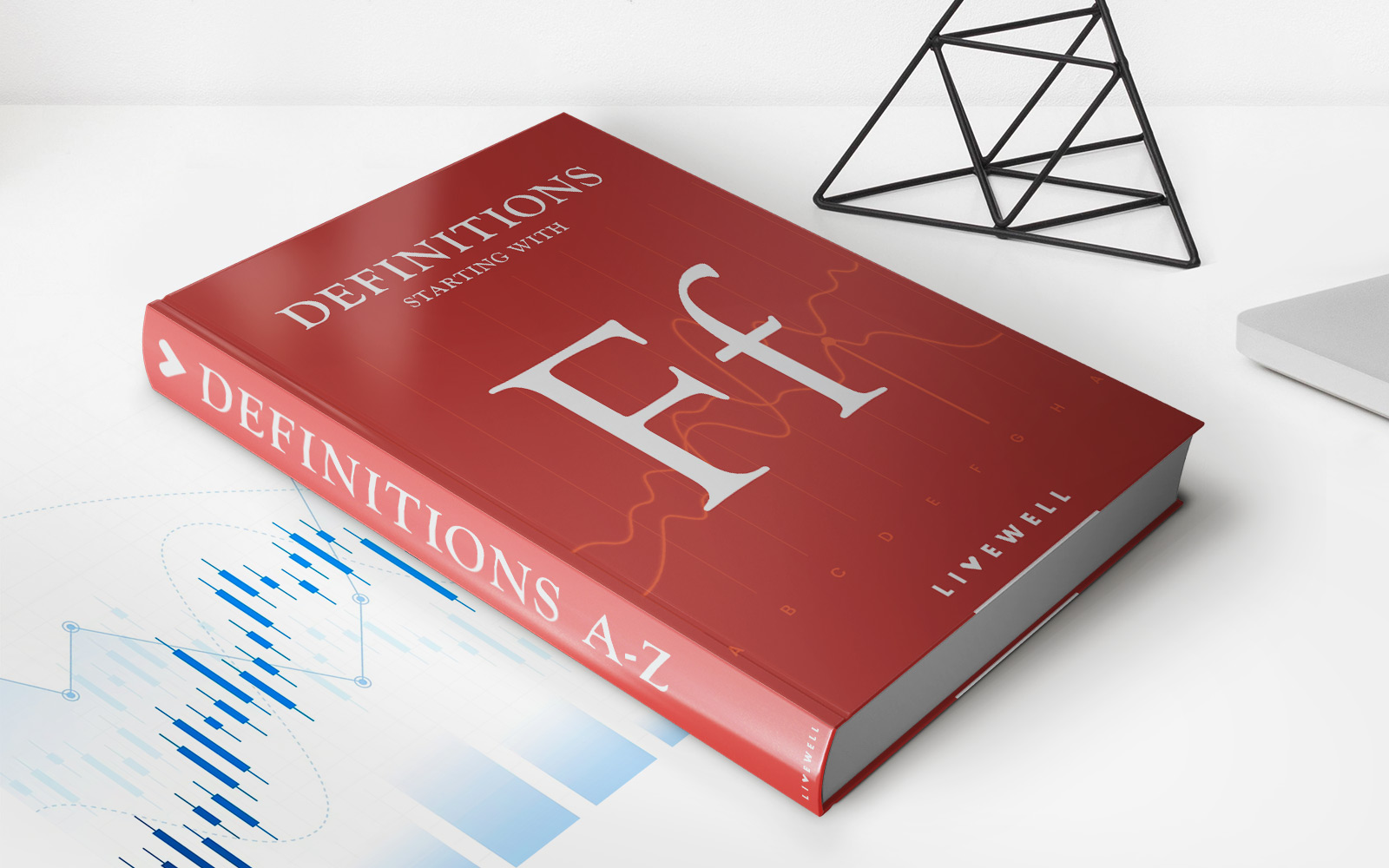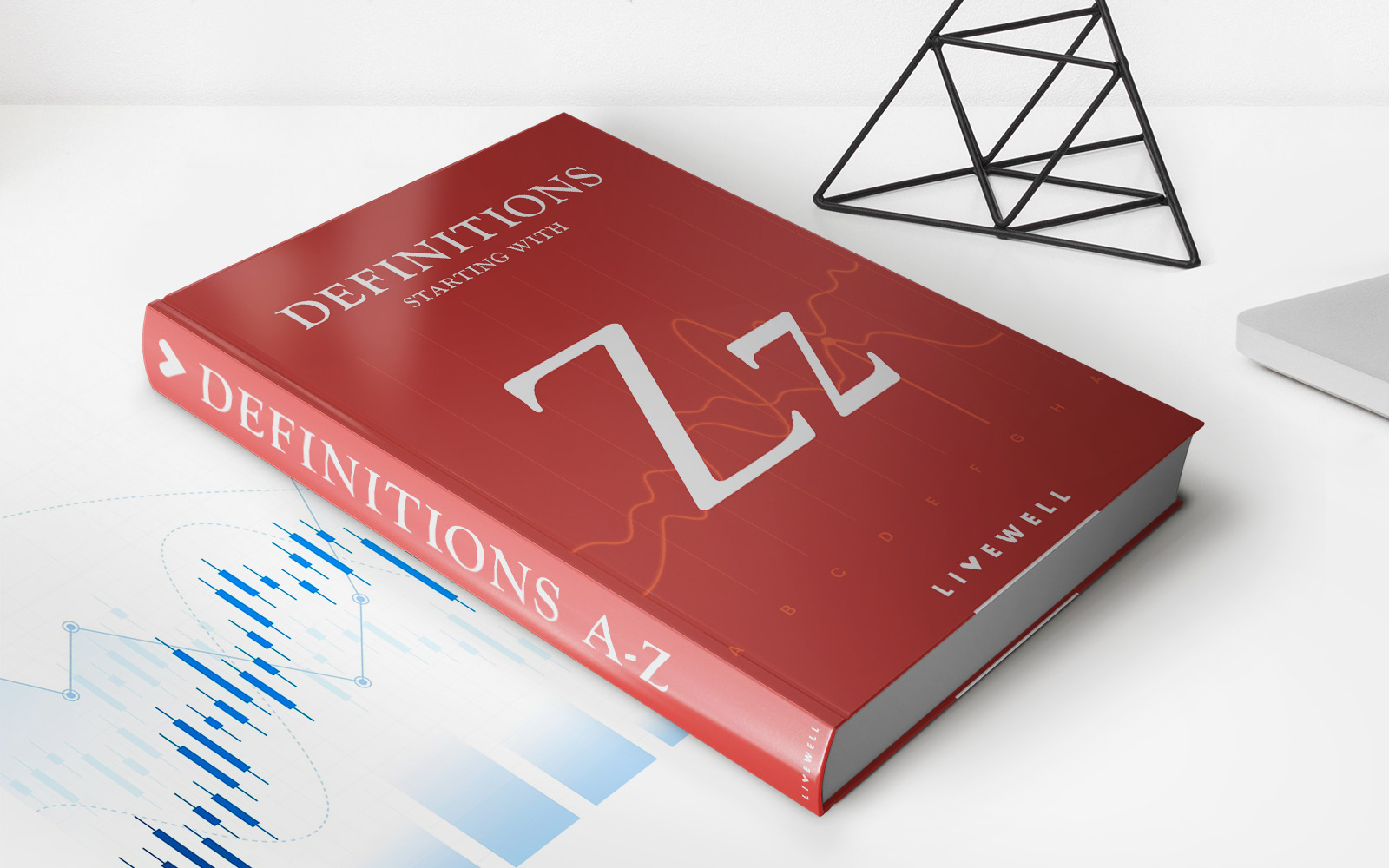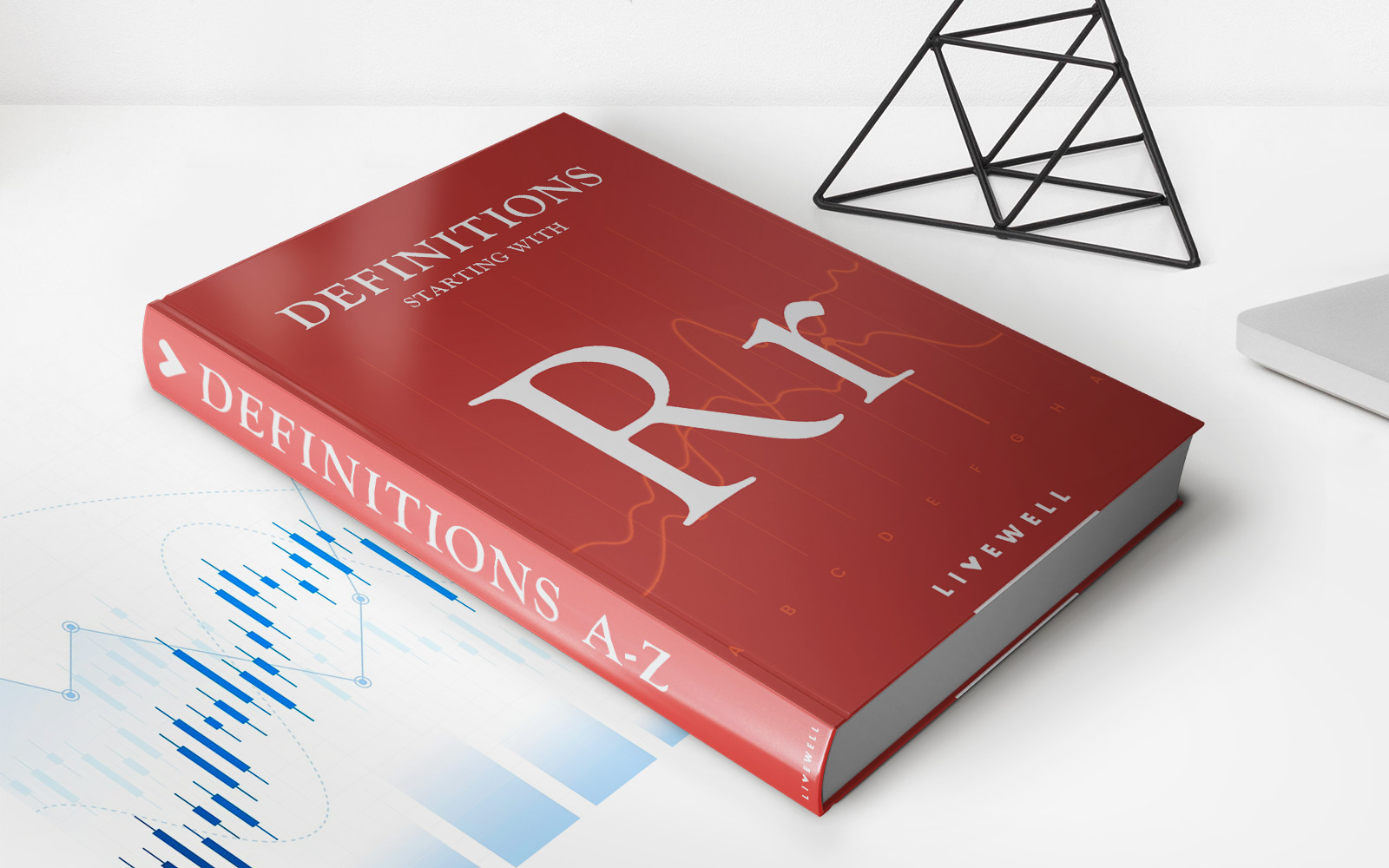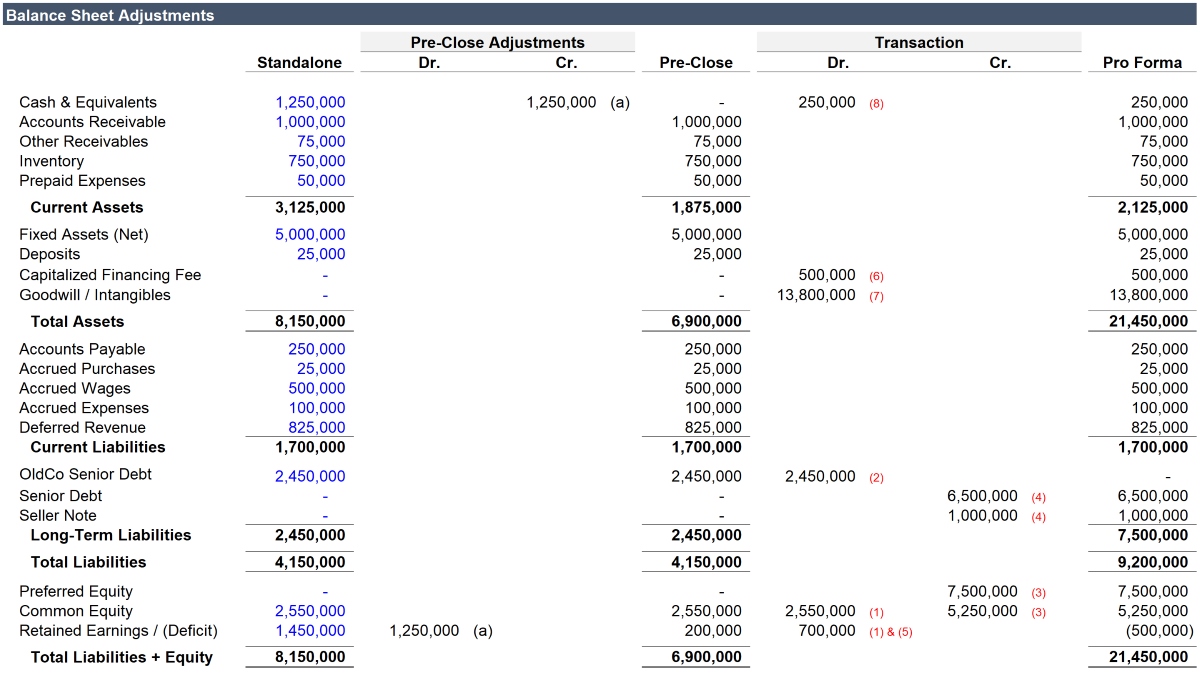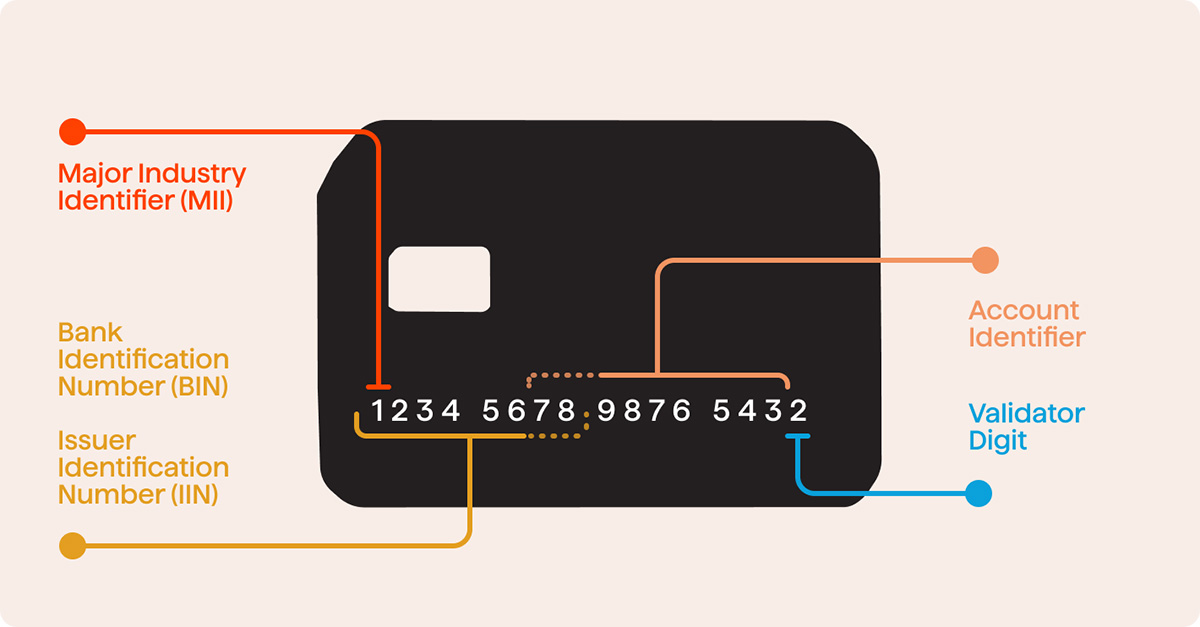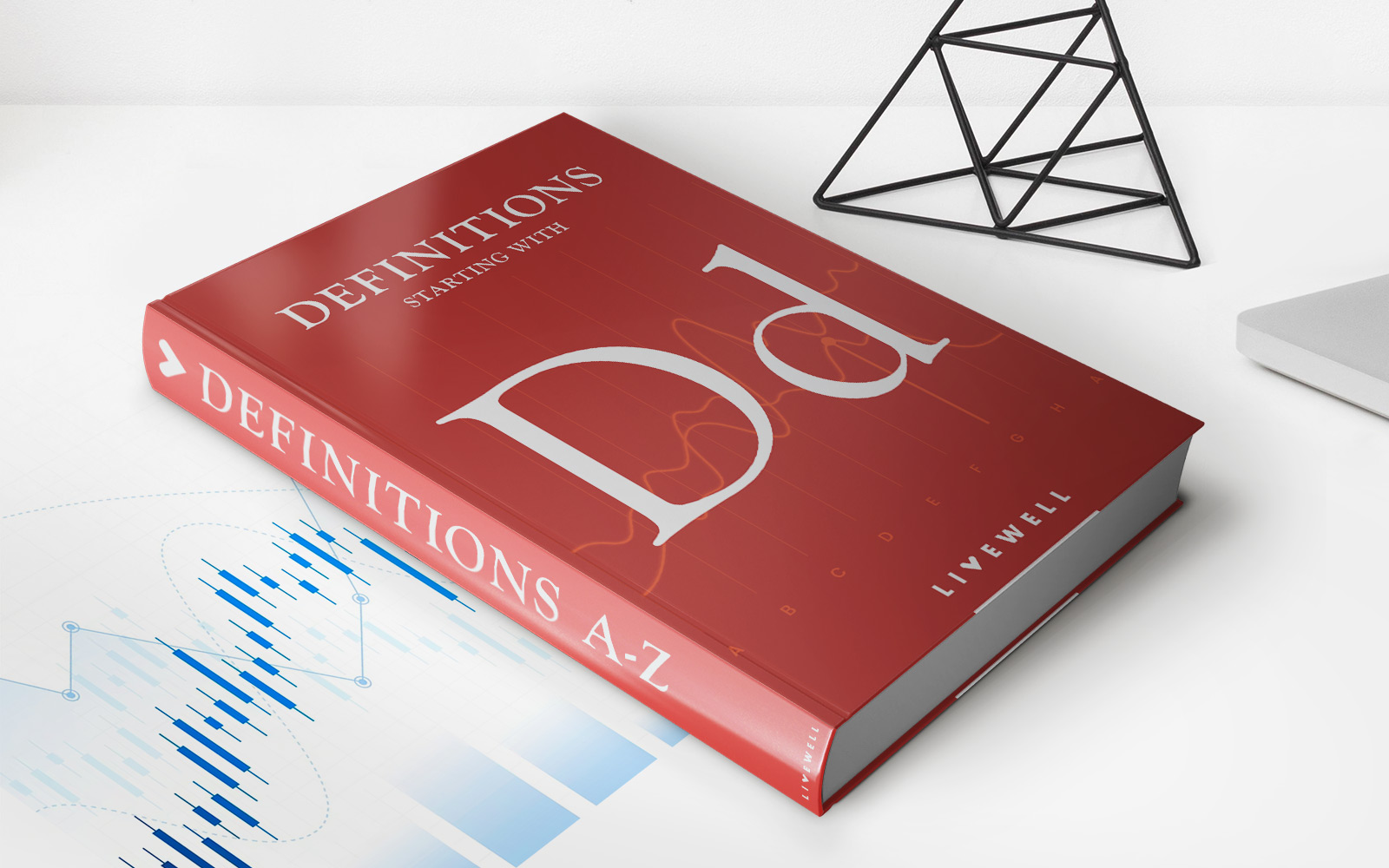

Finance
Decree Of Foreclosure And Sale Definition
Published: November 9, 2023
Discover the definition of "Decree of Foreclosure and Sale" in the world of finance. Explore how this legal process impacts property owners and lenders.
(Many of the links in this article redirect to a specific reviewed product. Your purchase of these products through affiliate links helps to generate commission for LiveWell, at no extra cost. Learn more)
Welcome to the World of Finance: Understanding the Decree of Foreclosure and Sale
When it comes to navigating the realm of finance, there is a myriad of complex terms and concepts to familiarize ourselves with. One such concept is the Decree of Foreclosure and Sale. In this blog post, we will break down what this term means and how it pertains to the world of finance. So, sit back, relax, and let’s dive into the intricacies of the Decree of Foreclosure and Sale.
Key Takeaways:
- The Decree of Foreclosure and Sale is a legal document issued by the court to initiate the foreclosure process on a property.
- It is a crucial step in the foreclosure process and marks the transition from defaulting on mortgage payments to the property being put up for sale.
Before we delve deeper into the Decree of Foreclosure and Sale, let’s answer an important question: What exactly is foreclosure? Foreclosure is a legal process that occurs when a borrower fails to make timely mortgage payments on their property. As a result, the lender seeks to recover the outstanding loan amount by repossessing and selling the property. The Decree of Foreclosure and Sale plays a pivotal role in initiating and progressing through this process.
Now, let’s break down the Decree of Foreclosure and Sale itself. This legal document is issued by the court, typically after the borrower has defaulted on their mortgage payments, and the lender has filed a lawsuit to initiate the foreclosure process. Once the court approves the lender’s request, it issues the Decree of Foreclosure and Sale.
The Decree of Foreclosure and Sale serves several purposes in the foreclosure process:
- Authorizes the sale: The decree grants the lender the authority to sell the property to recover the outstanding loan amount. It sets a date for the foreclosure sale, which is typically conducted through an auction.
- Specifies the terms: The decree outlines the terms and conditions of the foreclosure sale, including the minimum bid amount, any restrictions, and other relevant details. These terms ensure fairness in the sale process.
- Provides notice to the borrower: The decree legally notifies the borrower that their property is set to be sold at foreclosure. It gives them an opportunity to redeem the property before the sale takes place, typically by paying off the outstanding mortgage amount along with any associated fees.
It’s important to note that the specific requirements and procedures for the Decree of Foreclosure and Sale can vary depending on the jurisdiction. Therefore, it’s crucial for both borrowers and lenders to consult with legal professionals familiar with local laws to ensure compliance with all necessary protocols.
As a final thought, understanding the Decree of Foreclosure and Sale is essential for anyone involved in the world of finance, whether you are a borrower, a lender, or a potential buyer. For borrowers, it serves as a reminder of the consequences of defaulting on mortgage payments. For lenders, it provides the legal framework to recover unpaid amounts. And for potential buyers, it offers an opportunity to acquire a property through the foreclosure sale process.
So, the next time you come across the term “Decree of Foreclosure and Sale,” remember its significance and the role it plays in shaping the financial landscape.
